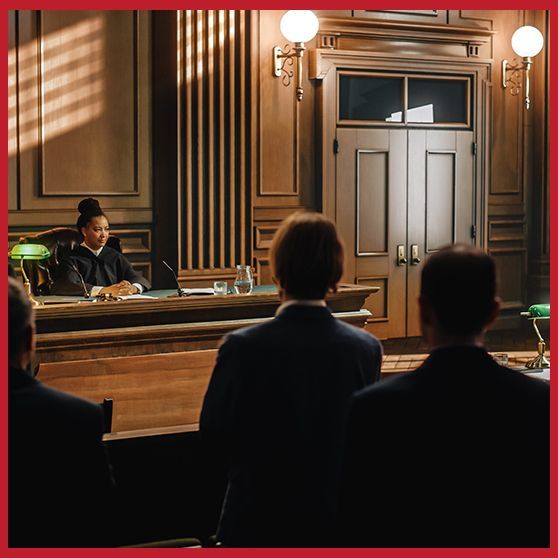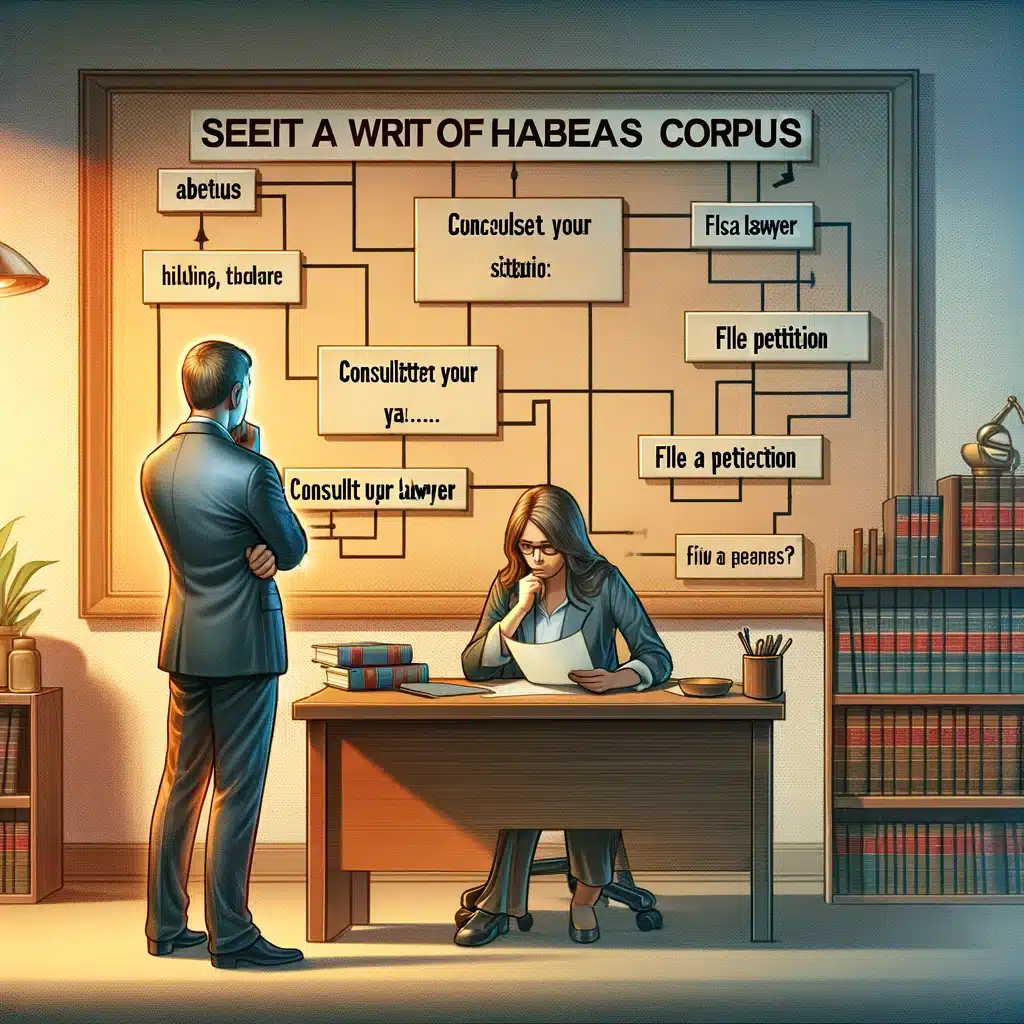Lawyer's Overview to Habeas Corpus: Safeguarding Your Liberty and Rights
Lawyer's Overview to Habeas Corpus: Safeguarding Your Liberty and Rights
Blog Article
Understanding the Role of a Post-Conviction Attorney in Seeking Justice After a Criminal Conviction
In the complex landscape of post-conviction lawful procedures, the function of a post-conviction legal representative is pivotal in navigating the course to justice after a criminal conviction. Past the confines of a trial, these lawyers participate in a multifaceted method aimed at discovering brand-new proof, difficult lawful errors, and supporting for their customers' civil liberties. The ins and outs of post-conviction job require a blend of legal acumen, investigative abilities, and tactical believing to decipher the intricacies of a case and seek opportunities that might have been ignored or underexplored. As the search of justice expands past the confines of first process, the role of a post-conviction lawyer arises as a beacon of hope for those seeking to remedy oppressions and reclaim their civil liberties within the lawful system.
Post-Conviction Legal representative's Investigative Work
Post-conviction attorneys participate in careful investigatory work to uncover new evidence, procedural mistakes, or misbehavior that could potentially lead to reversing a sentence. This investigatory stage is crucial in the post-conviction process as it aims to recognize any type of ignored details or legal mistakes that may have influenced the result of the initial test. Post-conviction attorneys delve into situation data, witness statements, and legal documentation with a fine-tooth comb, looking for any disparities or irregularities that can be premises for allure.
With comprehensive examination, post-conviction attorneys intend to lose light on possible injustices that might have taken place throughout the original test. By looking at every facet of the legal proceedings, post-conviction lawyers function tirelessly to discover any kind of variables that may have influenced the judgment.
Crafting Appeals and Petitions
In the quest of justice after a conviction, proficient lawyers thoroughly craft appeals and petitions to existing compelling debates for the reconsideration of lawful decisions. Crafting appeals and requests calls for a deep understanding of the lawful system, interest to detail, and strategic thinking. Post-conviction lawyers analyze trial documents, determine potential mistakes or infractions of rights, and establish lawful debates to test the sentence or sentence.
When crafting an appeal, legal representatives concentrate on highlighting lawful errors that may have influenced the outcome of the instance. They investigate case regulation, laws, and lawful criteria to support their disagreements. Requests, on the other hand, might include presenting brand-new proof that was not available throughout the trial or demonstrating adjustments in the law that call for a review of the conviction.
In addition, post-conviction lawyers have to adhere to rigorous step-by-step regulations and deadlines when filing appeals and applications. They need to provide their disagreements clearly and persuasively to persuade the court to approve alleviation to their clients. Through careful crafting of charms and applications, post-conviction attorneys make every effort to protect justice for individuals who have been wrongfully convicted or unjustly punished.

Pursuing Post-Conviction Relief
Looking for alleviation after a sentence requires a tactical and diligent strategy by experienced lawyers. Post-conviction alleviation incorporates a variety of lawful mechanisms made to challenge the credibility of a sentence or sentence (habeas corpus maryland). These avenues consist of submitting activities for a brand-new trial, seeking allures, seeking writs of habeas corpus, and presenting recently found proof. Post-conviction attorneys play a vital role in browsing these intricate procedures, ensuring that all legal alternatives are discovered to remedy oppressions that might have occurred during the test or sentencing phase.
One usual type of post-conviction alleviation is submitting an application for post-conviction alleviation, usually based on claims of inadequate help of guidance, prosecutorial misconduct, recently found evidence, or constitutional offenses. Experienced post-conviction attorneys have the skills and understanding necessary to identify practical legal cases, carry out examinations, and existing compelling arguments to safeguard alleviation for their customers.
Utilizing Forensic Proof
When challenging a sentence or sentence, the calculated use of forensic proof can be an effective device in post-conviction legal process. Forensic evidence incorporates a large range of clinical strategies utilized to investigate crimes and develop facts in court. Post-conviction legal representatives can leverage forensic proof to challenge the validity of sentences by offering brand-new clinical findings that were not readily available throughout the original test.

Participating In Sentence Modifications
Post-conviction attorneys might explore the opportunity of sentence adjustments as a lawful method to attend to out of proportion or unjustified sentences passed on in criminal situations. Sentence alterations include seeking changes to the terms of an offender's sentence after a conviction has actually occurred. These modifications can consist of reducing the size of a sentence, modifying the sort of punishment imposed, or discovering alternate sentencing choices.
Post-conviction lawyers can go after sentence modifications via different legal mechanisms, such as filing activities for sentence decrease, appealing for compassionate launch, or negotiating plea deals for decreased sentences. They need to meticulously evaluate the circumstances of the case, evaluate the lawful grounds for seeking an adjustment, and existing engaging arguments to the court sustaining the demand for a revised sentence.
Engaging in sentence adjustments needs an extensive understanding of criminal regulation, sentencing standards, and the particular treatments associated with looking for post-conviction alleviation. Post-conviction lawyers play this hyperlink a vital duty in promoting for reasonable and just outcomes by challenging sentences that are unduly harsh or do not align with the principles of justice.
Final Thought
Finally, the function of a post-conviction legal representative is important in seeking justice after a criminal sentence. Through investigatory work, crafting allures and requests, seeking post-conviction alleviation, making use of forensic proof, and taking part in sentence modifications, these lawyers play an important duty in advocating for their clients and ensuring that their legal rights are supported within the criminal justice system. Their commitment and expertise are necessary in navigating the intricacies of post-conviction procedures and attaining a fair end result for people encountering criminal sentences.
Report this page